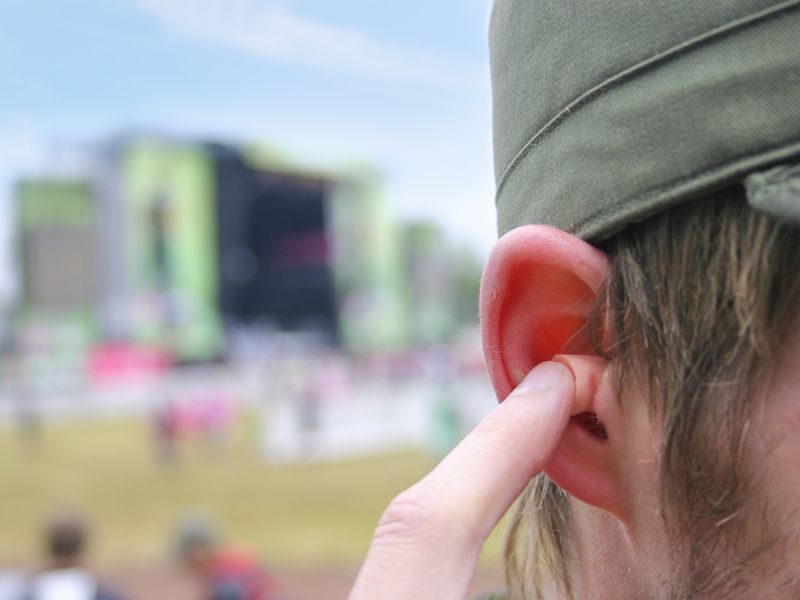
If you’re exposed to loud sounds, for example using a lawnmower in your yard, going to a venue to see your favorite band play, or merely sleeping at home next to a snoring spouse, earplugs may be practical. Turning down the volume is the way earplugs can help in the first two circumstances. In the last circumstances, they reduce the decibels and help save your sanity (and possibly your marriage) by enabling you to get a good night’s sleep. But are these ear protectors, really, hurting your ears?
Why Use Earplugs at All?
The argument for earplugs is pretty simple: When used properly, earplugs can help to protect your hearing by minimizing your direct exposure to extreme decibel levels. Perhaps you’ve noticed that your hearing sounds different when you leave a loud venue, say, a football game with a loud crowd, and you could also have symptoms of tinnitus. This occurs because those super-loud sounds can actually bend the little hair cells inside your inner ear. It commonly vanishes within a couple of days, because the hair cells have recovered.
But if you’re subjected to high decibels frequently, for instance, if you work on a construction site or at an airport, the aural attack on those tiny hair cells is unrelenting. As opposed to bending and then recovering, the cells are damaged permanently. Inside each cochlea, there are about 16,000 of these little hair cells, but up to 50% of them can be ruined or at least damaged before you would see the change in a hearing test.
Is it Conceivable to Harm Your Hearing by Using Earplugs?
In terms of protecting your hearing, you’d think it would be a no-brainer to wear earplugs. But particularly if you’re in scenarios where you’re subjected to loud noises regularly (like on the job or with the previously mentioned snoring partner), headphones that limit, but don’t entirely cancel, sound or over the head earmuffs are a much smarter choice. Earplugs are better suited to one-off scenarios like a sporting event or concert than for regular use.
Why? For one, earwax. Your ears create wax to defend themselves, and if using earplugs is something you do regularly, more earwax will be produced, and the earplugs will push it in further. Tinnitus and other problems can be the result of impacted earwax.
Ear infections can also result from too much use of earplugs. They can become bacteria traps if you regularly use the same pair but fail to properly clean and disinfect them. Certainly, ear infections can be a disruption of your day to day life. But at the worst-case-scenario end of the scale, they can also result in a loss of hearing if you fail to get treatment.
How Can You Utilize Earplugs Safely?
Whether it’s a restful night sleep or protecting your ears, there’s still a strong benefit to wearing earplugs. Using them in the right way and using the correct kind is the secret to success. The porous material of foam earplugs is a germ sanctuary so it’s a good thing they are the least costly. Don’t put silicone or wax earplugs back in your ears until they are totally dry after using warm water to entirely sanitize them. It’s also a good idea to keep earplugs in a ventilated container to discourage humidity, or worse, mold or bacteria, from building up.
You may want to get in touch with us about custom fit earplugs if you need or want them regularly. They are comfortable because they are made from molds of your ears and they are reusable. But it’s important not to forget, good earplug hygiene can lessen hearing damage.
